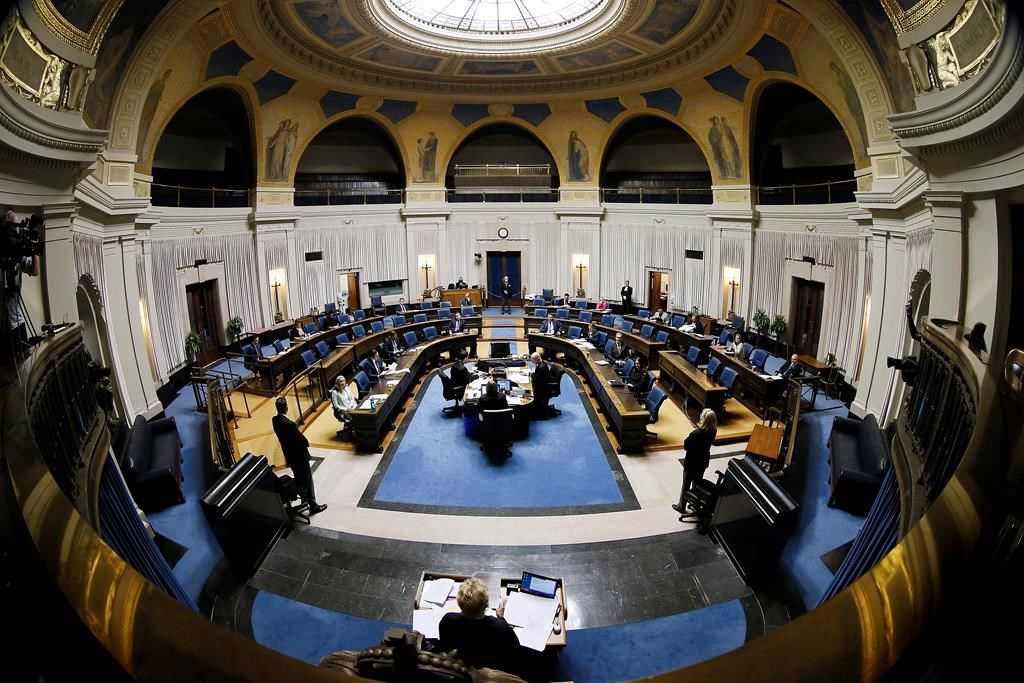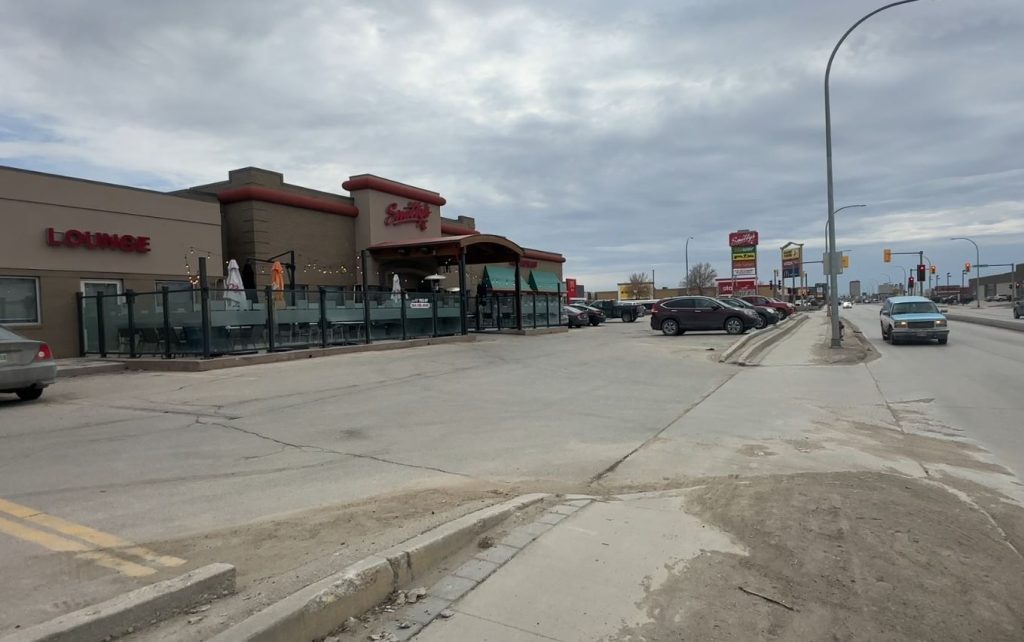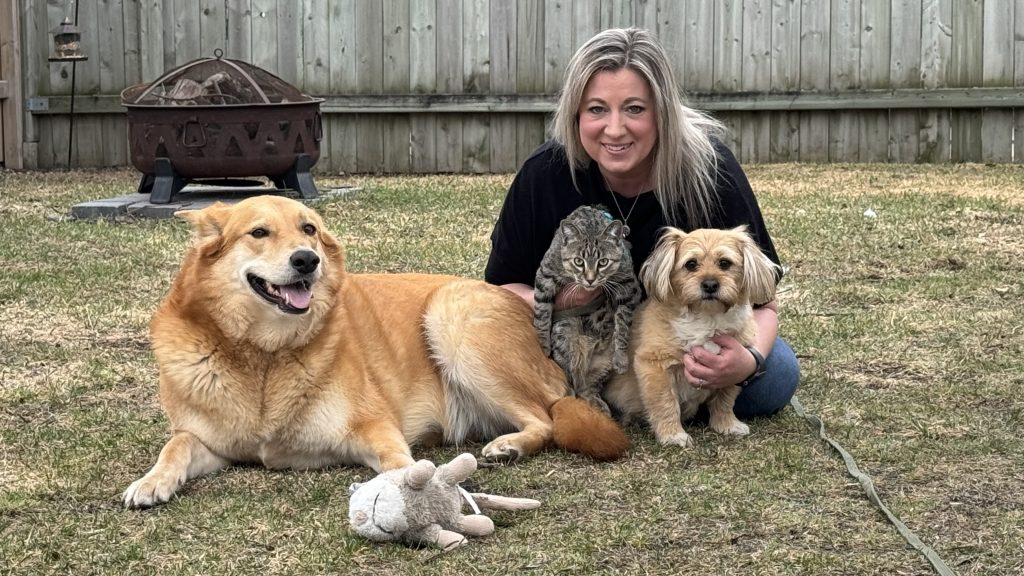What role did intergenerational trauma play in the Saskatchewan killings?
Posted September 6, 2022 5:33 pm.
Last Updated September 7, 2022 11:16 am.
As Canadians try to make sense of the mass killings in James Smith Cree Nation and Weldon, some are urging people to understand the role intergenerational trauma plays here.
While making no excuses for the violence, a professor of Native studies at the University of Manitoba says the suspects have a traumatic past.
“It’s not in any way a defence,” said Niigaan Sinclair. “It’s simply a reality that these are traumatized individuals who are taking their trauma out on others.
“This is a reminder of what it does when you hammer a people into poverty, when you hammer those people into situations of trauma due to racist policies and leave them absolutely absent of economy, hope, possibility – this is what this looks like.”
The body of one of the two suspects, Damien Sanderson, was discovered on the James Smith Cree Nation on Monday, not far from one of the crime scenes.
Another suspect remains on the run. RCMP previously believed Myles Sanderson had been spotted on the James Smith Cree Nation. Police later determined he was not located in the community.
RELATED:
- ‘Too scared to go to sleep’: Weldon residents shocked, afraid as they mourn stabbing victims
- 1 suspect dead in Saskatchewan mass stabbing rampage, brother still at large
- Stabbing suspect not on Saskatchewan First Nation, RCMP officers say
- Trudeau addresses Saskatchewan stabbing attacks
Suspects had history of abuse, violence
Parole board documents show the brothers were brought up in environments that included physical abuse and domestic violence.
Myles is reported to have begun abusing alcohol as a pre-teen and cocaine by age 14 as coping mechanisms.
“The profound racism Indigenous People experience throughout the Prairies leads to situations like this,” said Sinclair. “In which young Indigenous People grow up in a great deal of trauma and they cope with that trauma through addictions.
“And what that leads to, a long history of experiences with the justice system. And with that justice system comes more trauma, more anger, more resentment, in which Indigenous Peoples sometimes take that out on our own families, but sometimes take it out on nearby people as well.”
Effects of oppression, colonialism
Sol Mamakwa, one of the leading Indigenous voices in the Ontario parliament, also wants to make no excuses for the attacks, but notes that the wounds of colonization run deep.
“Oppression, colonialism, has become a way of life for Indigenous People,” said Mamakwa, with the New Democratic Party of Ontario. “And I think that’s why we need to be able to start acknowledging the past, and move forward together.”
“It’s going to take some time I think but to learn about the history, acknowledge that. And I think that’s where change starts. And I think again, as nations, as provinces, as a country we need to come together, starting with James Smith Cree Nation right now.”
Sinclair adds that colonization in the Prairies only happened a century-and-a-half ago, with the effects still felt on Indigenous Peoples today.
—With files from Xiaoli Li








